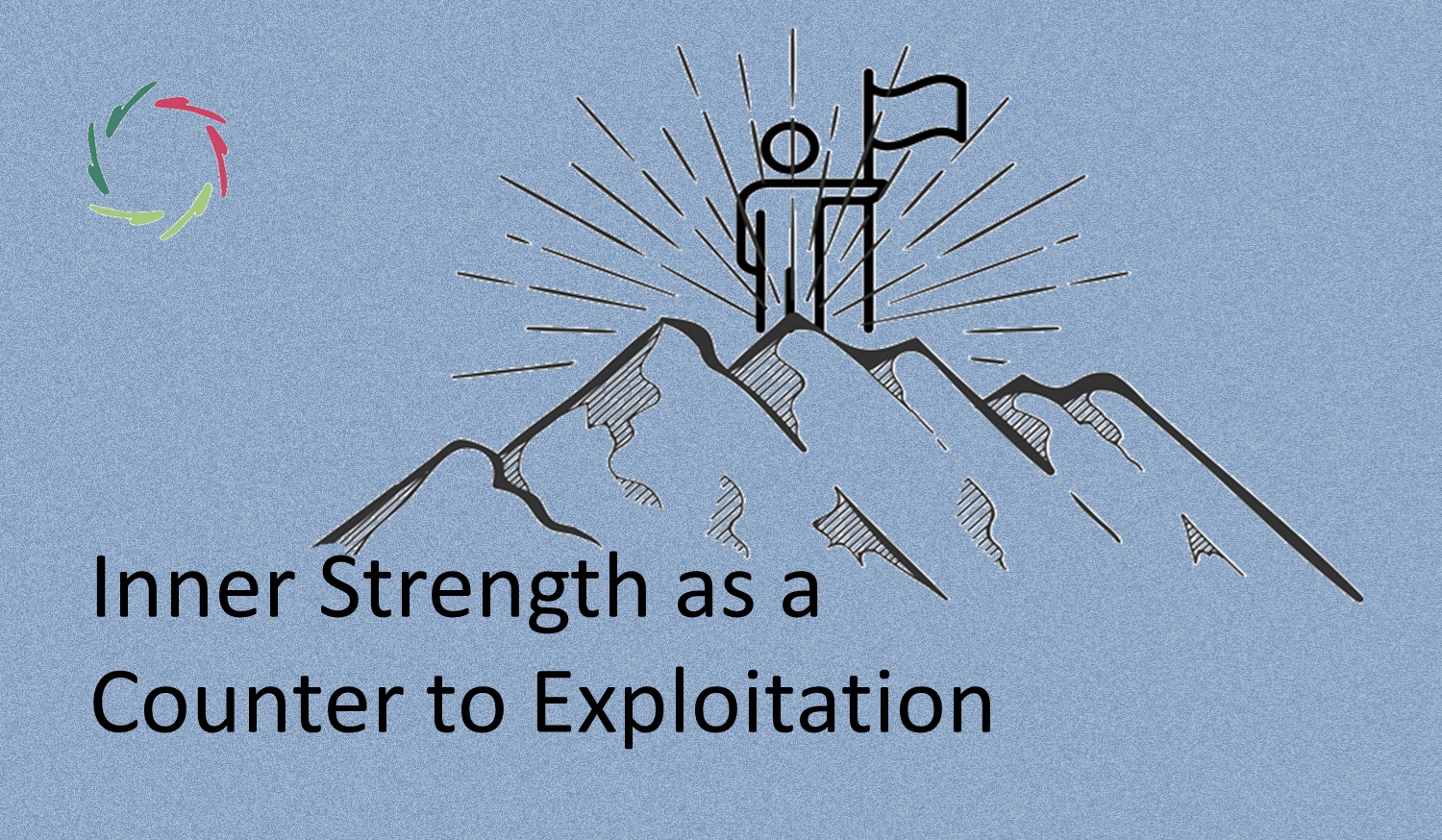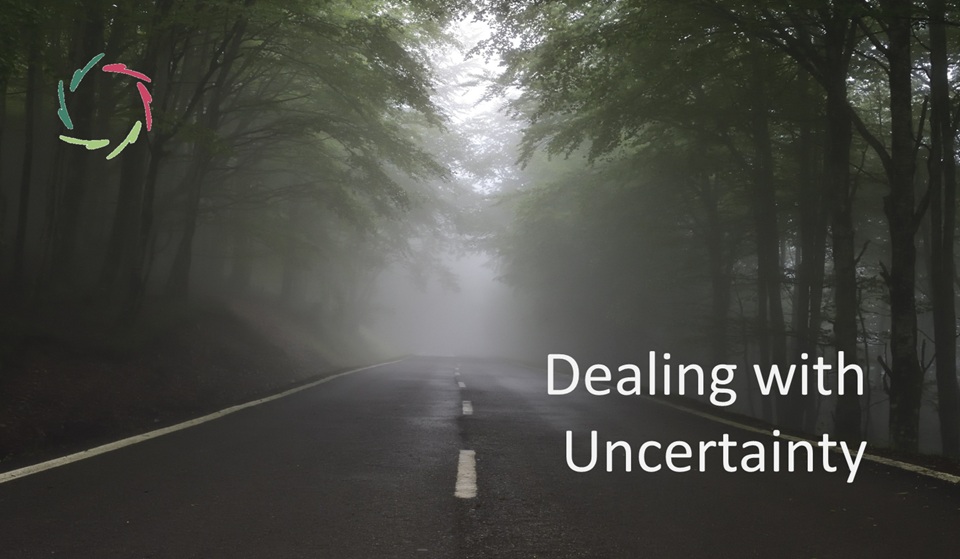The Story of ‘I’

Animals have an ‘I’ from the moment they know the difference between moving and sensing that something else is moving. In terms of evolution, this ‘I’ came way before ‘ego’.
Say: some 700 million years before
which is according to very subjective criteria of course. One could argue for much longer.
Weirdness of ‘I’
Many familiar things appear ‘familiar’ as long as you don’t think too much about them. From the moment you start thinking quite deeply, familiar things may become quite weird. The more familiar at the start, the weirder is this process itself. In the end, does one know anything?
The ‘I’ may appear to be probably the most familiar thing imaginable. So, hold on.
Even the great philosopher Descartes (1596-1650) thought to have found in this the only certain truth, starting with ‘I’.
“I think, therefore I am.”
Really?
Well, it’s precisely this ‘I’ that now appears to be arguably the weirdest thing on earth. Which, by the way, shouldn’t deter you from enjoying it of course.
‘I’ change 24/7.
‘I’ normally think of myself as being this thing that keeps existing as such for hopefully another x years. But actually ‘I’ change continuously in body and mind. As to the latter, ‘I’ change with every thought: the next thought appears in a mindscape molded by the previous one and which would have been different without it. ‘I’ am living in a continuous flux.
So where does the ‘durable I’ come from?
It may seem like some kind of trick. At least, then it’s a sophisticated one, not to be denigrated. ‘I’ still deserve a lot of respect, really!
The brain strives for internal homeostasis (*).
It uses for this the body, then also the external (out of body) environment, through sensorial and motor communications in many ways. In all this, pure homeostasis is never reached because it is itself in a continuous flux. Nevertheless, the idea of it is what we experience as ‘durable I’. It is what, like an arrow, flies through life, as an ‘I-liner’ shaping the construct called ‘I’. Can you follow?
The goal is to lead the individual animal towards a ‘durable life’ + procreation.
A problem to us: death is not supposed to be a part of this picture. The ‘durable’ is meant ‘within the moment itself’. At each moment, the animal strives towards getting into the next moment. The non-conscious ‘I’ doesn’t care about the afterlife. It doesn’t wring its mind even around tomorrow or the next day. For all it knows, it will live eternally, every day being the next first day of an infinite line.
But we do know death. Stay tuned…
As for now and within the present text, the sense of ‘I’ may be denoted as this point of homeostasis. Keeping this going as well as possible is what the non-conscious animal strives to do. In human parlance: it’s about ‘me staying alive and kicking, doing well right now’.
And that’s OK.
Then came consciousness, and a different chapter of the story of us…
[see: The Story of Ego]
(*) homeostasis: tendency to seek and maintain a condition of balance


